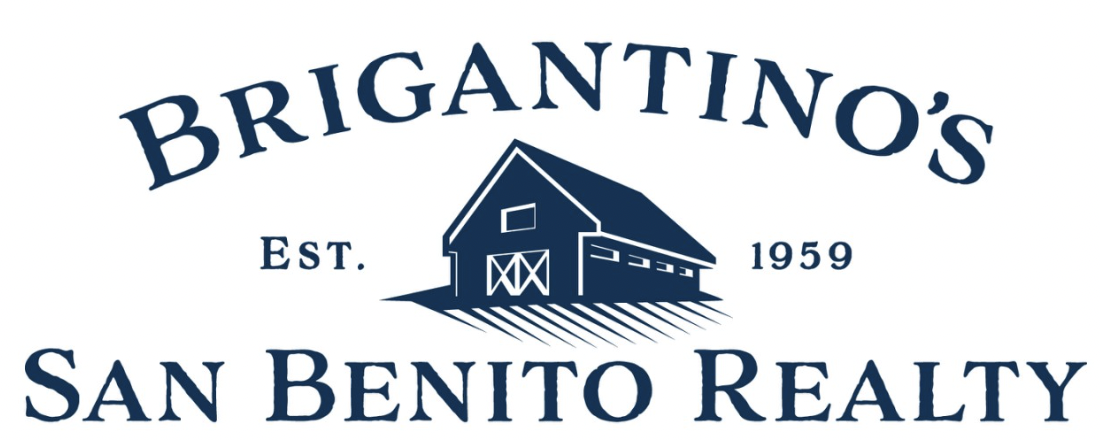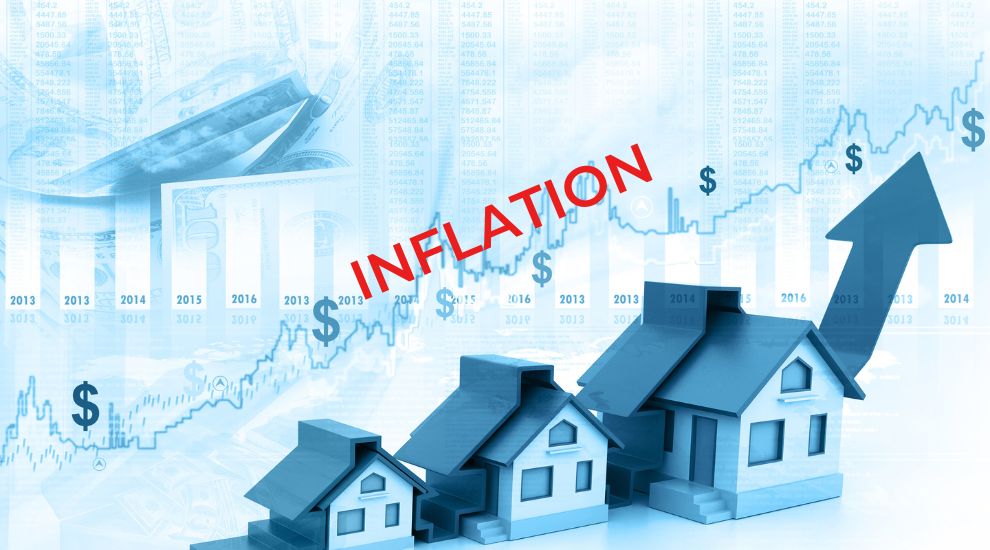With inflation being in the news as of late, now is a good time to talk about inflation in real estate investments. It should come as no surprise to experienced buyers or investors that inflation has huge impacts on the real estate market.
Though inflation can be scary and intimidating, it isn’t the end of the world. The impacts of inflation are relatively predictable, though inflation itself is harder to predict. It is possible to prepare yourself, your investments, and hedge against inflation if you know the right tips and tricks.
>>> DOWNLOAD THE PDF TRANSCRIPT
This blog will cover some of the basics of inflation in real estate investments, what those means for buyers and investors, and what you can do to hedge against inflation and put yourself in a good financial position to weather the inflation.

Real Estate Inflation
To start, let’s look at the impacts that inflation in real estate investments has. Some of these are obvious, but it’s important to cover what exactly inflation does to the real estate market.
First, inflation in real estate investments tends to mean higher rates. As rates rise, banks raise rates in the short term as a reaction to the inflationary market. The idea is that raising rates will discourage people from spending and encourage them to save, hopefully easing inflation.
Another impact of inflation in real estate investments is rising asset values. When inflation rises, home prices typically follow. Combined with the increase in rates previously mentioned, inflation also tends to decrease the demand for homes as well. Again, the hopes are that as rates and prices rise, demand decreases and inflation follows.
Inflation in real estate investments also generally makes construction costs rise. As materials get more expensive because of inflation, construction gets more expensive as well. And since there are a ton of different factors that go into real estate development, prices tend to rise noticeably. Similar to the other impacts mentioned above, this raises the cost of homes and therefore decreases demand, hopefully lowering inflation.
Lastly, inflation in real estate investments also has the impact of eating away historical debt. Basically, as inflation increases, your past debts become cheaper. It may sound counterintuitive, but the relative cost of your debt actually goes down as inflation increases. This happens because your home’s value increases, but your payments stay the same.
How To Hedge Against Inflation
With the basic impacts of inflation in real estate investments covered, let’s focus on how to hedge against inflation. Hedging against inflation can help you manage the negative effects of inflation in real estate investments, allowing you to come out the other side in a good financial position.
It’s important to note that residential real estate has historically performed well compared to other investments during periods of high inflation. Investing in residential real estate can be a safer option during high inflation periods.
In general though, inflation in real estate investments has a smaller impact than many other investments. Real estate is generally seen as one of the better investments to make during times of inflation. There are three main reasons why:
- Rents rise as inflation rises.
- Property values increase.
- Debts become lower comparatively.
When these three factors are combined, it can make for a promising investment opportunity. However, inflation in real estate investments does not come without risks. Inflation can make new investments very costly, and the cost of borrowing will increase as well. These factors could put you in a bad position should something go wrong with your investments. That said, inflation in real estate investments could be a good opportunity if you have the ability to navigate the market successfully.
Contact us today for more information about inflation in real estate investments.

